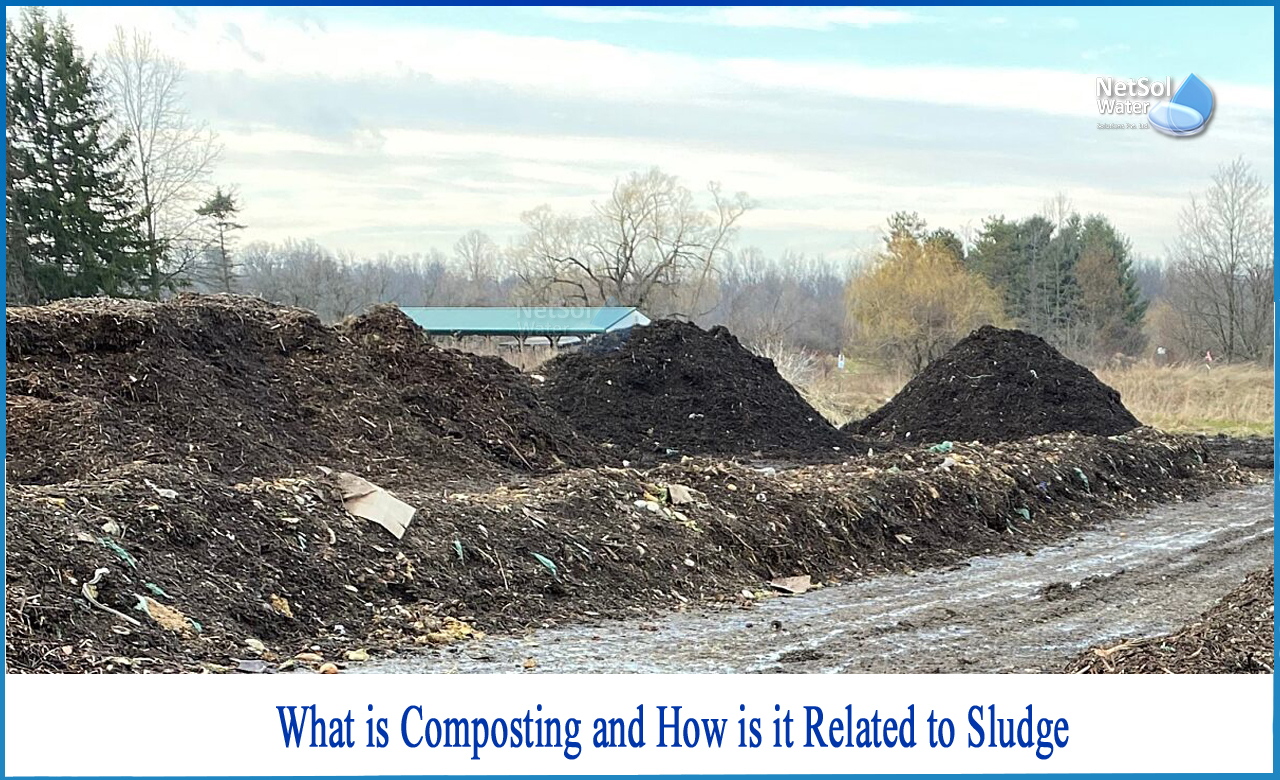What is composting and how is it related to sludge?
Composting is an excellent technique to cut down on food waste and greenhouse gas emissions. However, it can appear to be a difficult undertaking, one that only seasoned gardeners with large yards are capable of completing.
What exactly goes into it? How can you keep it from stinking? And what is composting in the first place?
Compost is simply decomposed organic matter, and the term "organic matter" encompasses a wide range of things. A twig, like a banana peel, might be considered organic matter. When you combine a number of these items in a compost pile, they naturally decompose into a nutrient-rich fertiliser that aids garden growth.Composting can be done with almost anything that originates from the ground. Any vegetable or fruit waste will do, including cucumber ends, apple cores, carrot peels, cantaloupe rinds, avocado pits, and an old Halloween pumpkin. Grains, on the other hand, sprout from soil, so you may compost stale bread, cereal, and pasta as well.
Composting for methane reduction
Food in your trash emits methane, a greenhouse gas that contributes to climate change, when it is disposed of in a landfill. Composting is one technique to reduce methane emissions, but it also has other benefits. Composting as a fertiliser eliminates the need for chemical fertilisers, which can be harmful to the environment. According to the Environmental Protection Agency, compost can capture and eliminate 99.6% of volatile organic compounds (VOCs) from the air. These fumes and gases can be hazardous to your health, causing symptoms such as nausea and throat irritation.
Uses of composting
Composting is an aerobic digesting method which is excellent in sludge handling or we can say that composting is one of the best ways to handle the sludge. Prior to composting, sewage sludge can be blended with other waste materials such as wood chip, straw, or green wastes to create a pasteurised product.
Composting can convert around 20-30% of the volatile solids to carbon dioxide. Composting uses natural mesophilic and thermophilic aerobic decomposition in a mainly static system that is aerated by natural diffusion and hence requires little energy.
What is windrow composting?
Windrow composting is the most well-known method of composting. These are simple material piles, 2m deep and 4m wide, that are mechanically turned on a regular basis to maintain even distribution of organic materials and proper air contact. For degradation to occur at a fair rate and pathogenic bacteria to be killed, the process temperature must be kept between 55 and 65°C and the moisture content between 35 to 65 percent. It takes about six months to complete the process.
Materials for mixing with sludge before composting are classified as bulking agents or amendments, with the following exceptions:
A bulking agent (wood chips, shredded leaves, or tyres) is used to reinforce the sludge's structure by increasing its porosity, which allows for better aeration.
The purpose of adding an amendment (such as sawdust, straw, rice hulls, or recycled compost) is to increase the organic content and improve biodegradability.
Both of these agents are introduced to the sludge at the commencement of the composting process, which is divided into the steps below:
The sludge is combined with the bulking agent(s) and amendments during pre-processing.
Netsol Water is Greater Noida-based leading water & wastewater treatment plant manufacturer. We are industry's most demanding company based on client review and work quality. We are known as best commercial RO plant manufacturers, industrial RO plant manufacturer, sewage treatment plant manufacturer, Water Softener Plant Manufacturers and effluent treatment plant manufacturers. Apart from this 24x7 customer support is our USP. Call on +91-9650608473, or write us at enquiry@netsolwater.com for any support, inquiry or product-purchase related query.



